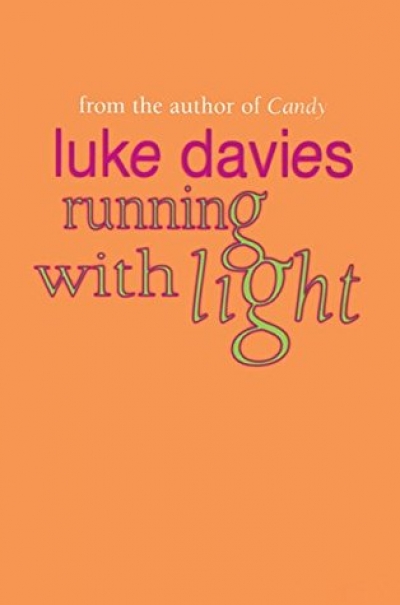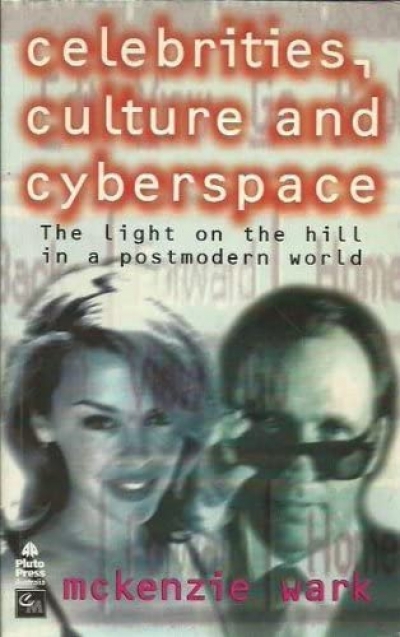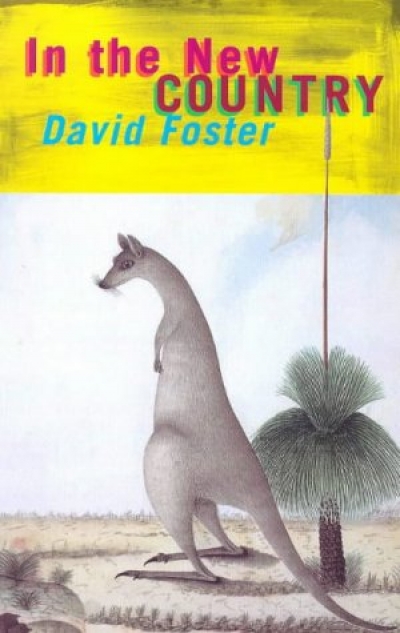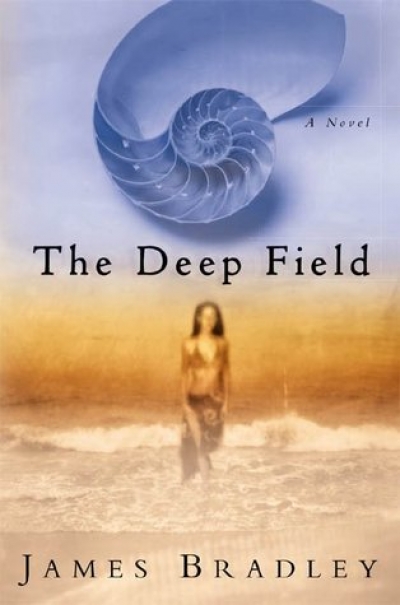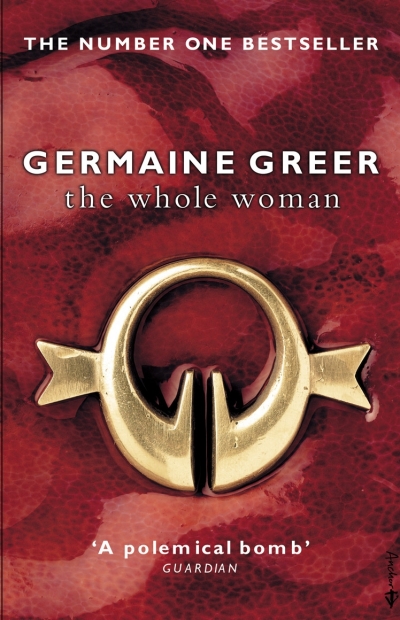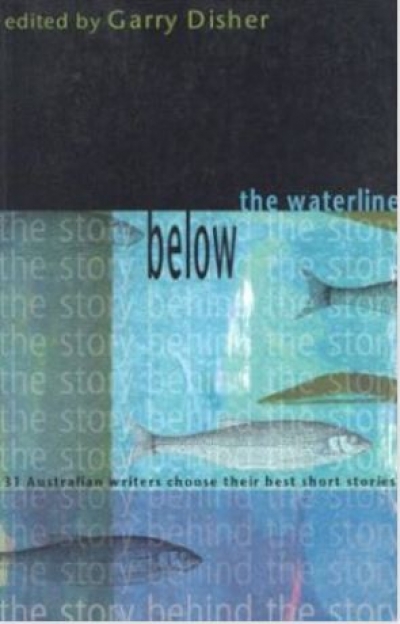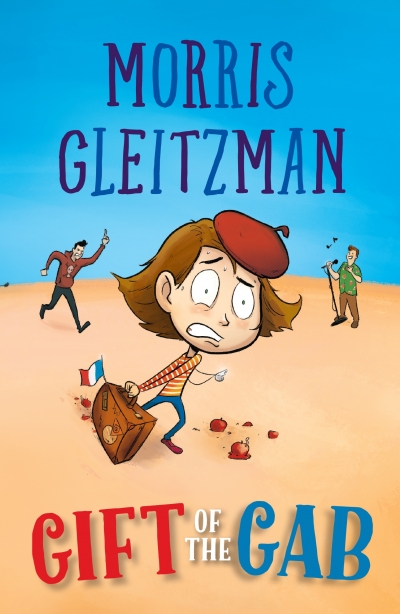Archive
Recently I have had a number of enquiries from readers who want to submit books for review hand the enquiries came from people unfamiliar with the reviewing process. So for those readers who are unfamiliar with the reviewing process, a few words about it.
... (read more)Celebrities, Culture and Cyberspace: The light on the hill in a postmodern world by McKenzie Wark
by Andrew Rutherford •
In the New Country by David Foster & Studs and Nogs by David Foster
by Susan Lever •
The Country of Lost Children: An Australian anxiety by Peter Pierce
by Laurie Clancy •

